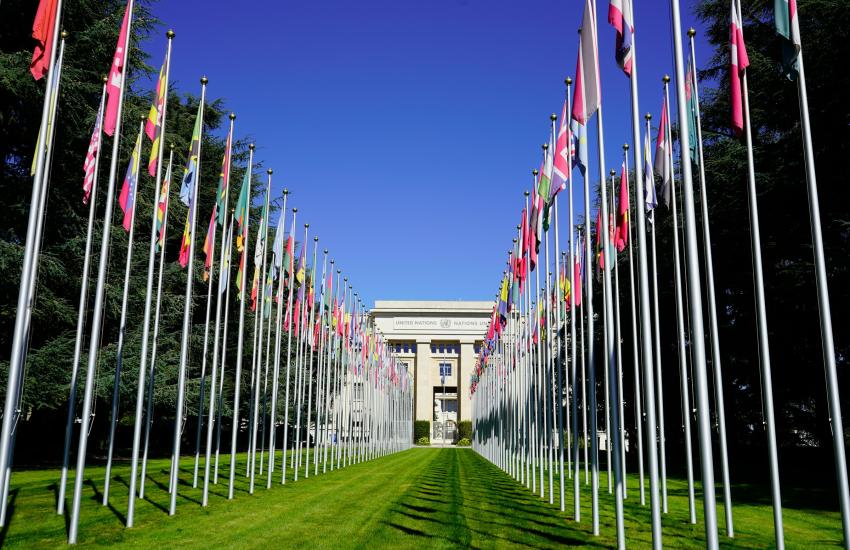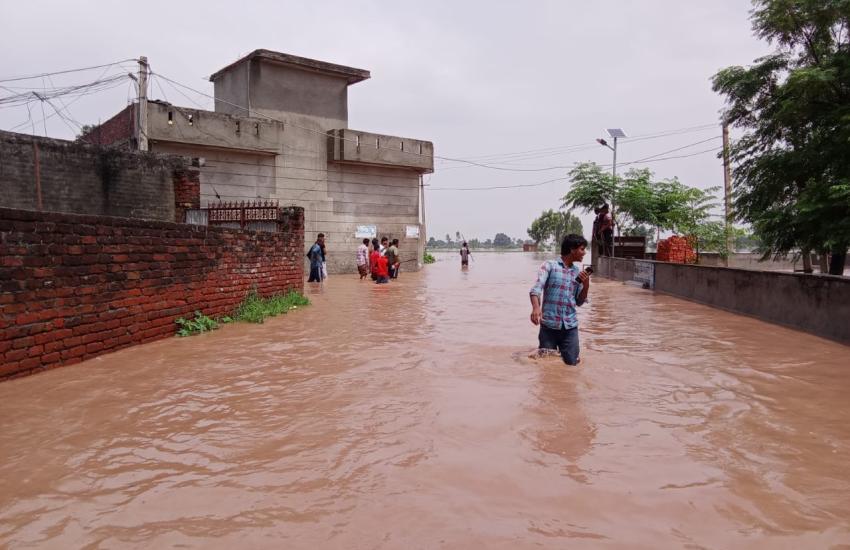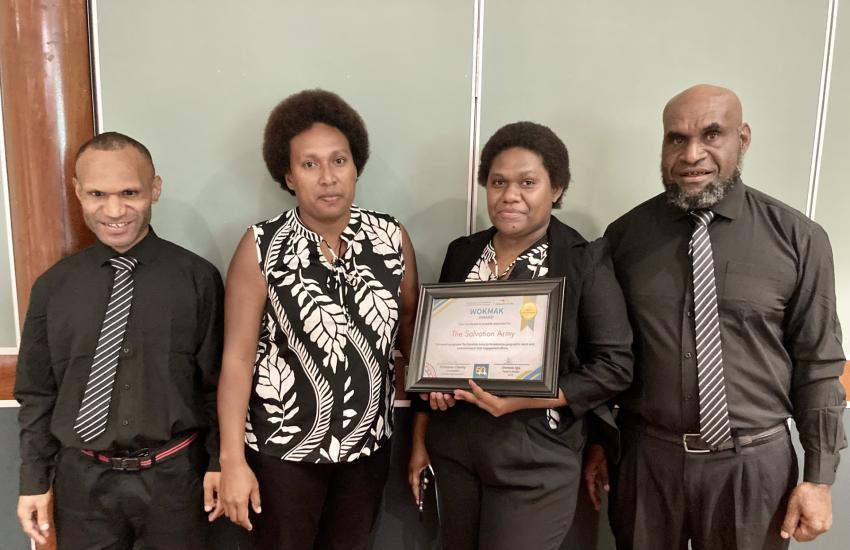Salvation Army relief teams provided vital care to people caught up in civil unrest in La Paz, Bolivia. Thousands of people were stranded at bus terminals and stations for many days when protestors erected roadblocks and occupied oilfields as their demands for political change reached boiling point. Most were unprepared for extended delays and had little money, spare clothes or food.
Salvation Army relief teams were quickly on hand. Captain Kirsty McKenzie, based in Bolivia, reports, ‘On 3 June, Salvationists in Cochabamba went to the bus terminal to take breakfast to passengers who had been stranded by the roadblocks which had been affecting the country for four days. We [later] spoke with the manager of the terminal, who informed us that they needed mattresses, blankets and food. The manager had left the bathrooms and showers open for the use of those who had to stay in the terminal.'
The Cochabamba terminal was the only one that allowed the passengers to remain within its facility. In other cities, doors were closed and passengers had to wait outside.
In the week that followed, The Salvation Army served 4,890 meals – breakfast and dinners – to the passengers in the terminal. The teams were also able to loan 19 mattresses and purchased 100 blankets for passengers to use.
Desperate to get home, some travellers attempted the journey but returned later, having been unsuccessful.
As the delays continued, and without any hope of a speedy solution, relief teams returned to distribute bars of soap, laundry detergent, shampoo, toothbrushes and toothpaste. Captain McKenzie comments, ‘The people were grateful for this practical support, and children and adults were delighted to be able to wash and get clean.'
Despite the practical support offered, a number of stranded passengers became ill. The Salvation Army hospital dispatched its mobile clinic to provide medical care and a six-month old baby was hospitalised and provided with free medical care.
With the swearing-in of a new President of Bolivia, the protesters began to lift their roadblocks, allowing the buses to leave Cochabamba. Because of the unexpected delays many people no longer had money to purchase tickets so The Salvation Army, the Archbishop’s Office and the management of the terminal met to negotiate with the bus company – Copacabana Transport – and each group paid one third of the price of the tickets so people could go home.
So that the passengers could all leave on a positive note, The Salvation Army prepared one last dinner, with mate (a local tea) and candies for the children, which was received very well.
Funding to support this response has been given from International Headquarters. Donations in support of this relief effort may be sent to the Latin America Disaster Fund at International Headquarters or made on-line using a major credit card.
International Headquarters





